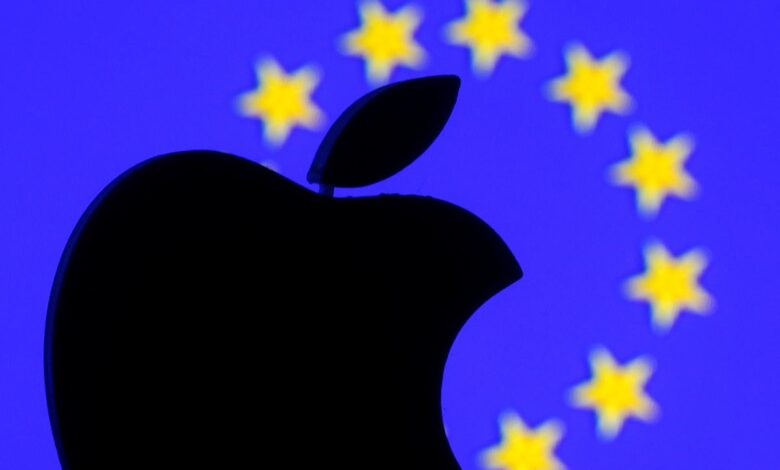
According to a Reuters report, the European Union is targeting Apple’s closed ecosystem with the Digital Markets Act (DMA). Designed to limit the power of big tech companies and promote healthy competition, the law requires Apple to make major changes to the iPadOS operating system.
One of the most important changes that Apple should implement in accordance with the European Union’s digital markets law is the possibility of installing an alternative application store on iPadOS. This decision allows independent developers to offer their apps to users without the limitations of the App Store. Also, users can choose their default browser, which will lead to more variety and competition in the web browser market.
Perhaps the most important problem facing Apple is the need to improve the compatibility of peripherals with iPadOS. Currently, Apple’s accessories such as keyboards, mice, and digital pens of this company work seamlessly with the iPadOS operating system and provide users with a very smooth and perfect experience; But this integration comes at the cost of limiting users’ choices and increasing their dependence on Apple products.

The DMA Act requires Apple to allow the use of accessories made by other manufacturers with the same quality and performance for the iPad. This means that Apple must make fundamental changes to the APIs of the iPadOS operating system so that developers can produce accessories with more advanced capabilities.
For Apple, these changes mean losing part of the control of its closed ecosystem; The ecosystem that was considered one of the biggest advantages of Apple products until now. On the contrary, these changes can benefit consumers. Starting today, owners of some Apple products in the European Union can enjoy a wider range of accessories at more competitive prices, thus reducing their dependence on Apple products.
This battle has just begun and Apple can still prevent the full implementation of this law by providing legal and technical solutions. Also, we may see long-term legal problems between Apple and the European Union.
Ultimately, it remains to be seen how Apple will adapt to these new rules and whether these changes can lead to improved user experience and increased innovation in the market. This is a big step towards increasing competition and consumer rights in the EU digital market, which could have positive effects on the entire technology industry.









